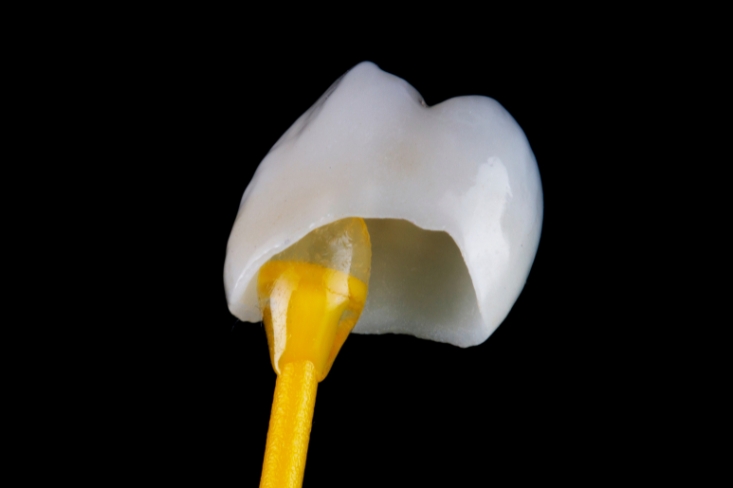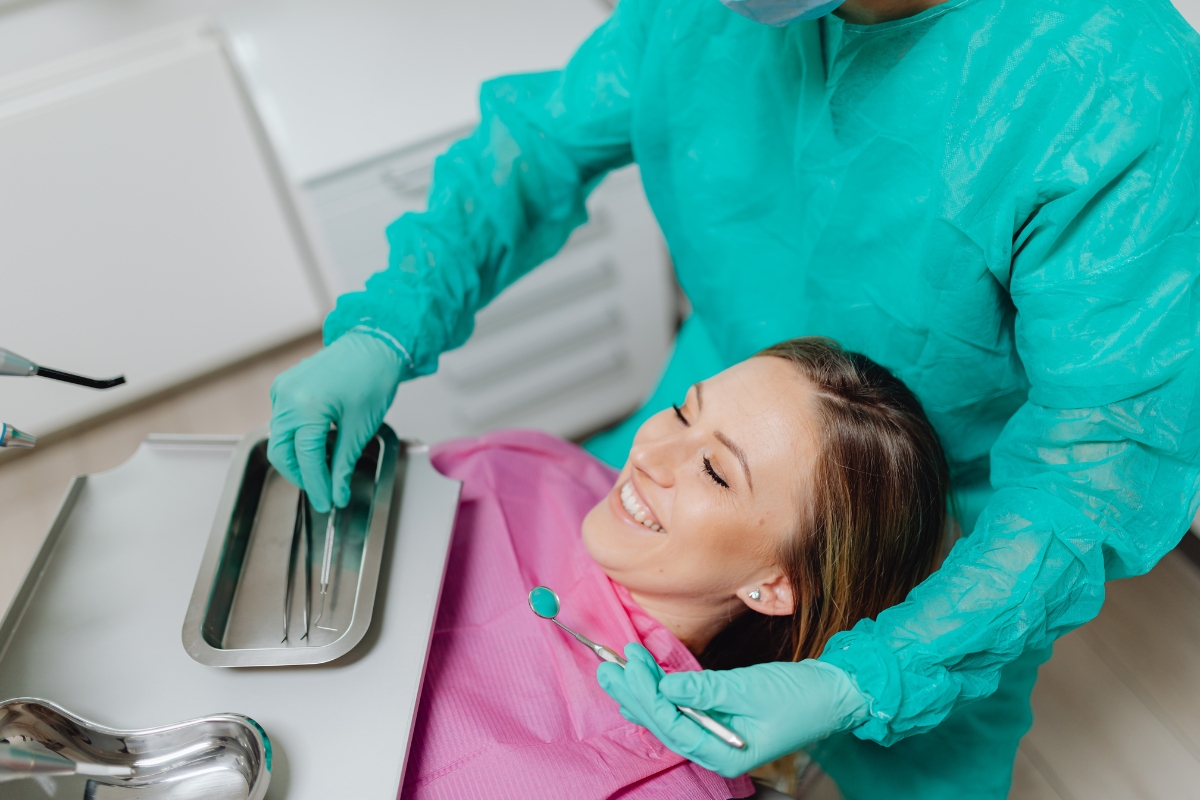
Dental crowns can restore the function and look of your teeth. But just getting them isn’t the end of the journey. Proper aftercare for dental crowns is crucial to ensure they last. The right care can prevent damage and keep your crowns looking great. In this article, we’ll explore simple yet effective tips to help you avoid common mistakes and extend the life of your crowns.
Why Proper Aftercare Matters?
Dental crowns are strong, but they need care. Following the right aftercare tips can keep your teeth healthy and maintain your crown’s quality. Ignoring aftercare can lead to discomfort, costly repairs, or even the need for replacement. Let’s dive into what you should—and shouldn’t—do.
Common Aftercare Tips for Dental Crowns
To get the best results, stick to a good aftercare routine. Here’s what you should keep in mind:
1. Avoid Hard or Sticky Foods
One of the first things to remember is to watch what you eat:
- Hard foods, like nuts or ice, can crack or chip your crown.
- Sticky foods, such as caramel or taffy, can dislodge the crown.
- Opt for softer foods, especially in the initial days after getting a crown.
Transition slowly back to harder foods over time. Keep an eye out for any unusual discomfort when you do.
2. Maintain Good Oral Hygiene
Aftercare for dental crowns includes proper oral hygiene:
- Brush your teeth twice a day using a soft-bristle toothbrush.
- Floss daily, but avoid snapping the floss—slide it gently to prevent crown damage.
- Use fluoride toothpaste to strengthen the surrounding teeth.
Good hygiene keeps your crown and the natural teeth around it free of plaque and decay.
3. Don’t Use Your Teeth as Tools
Avoid using your teeth for anything other than eating:
- Never open packages or tear items with your teeth.
- Using teeth as tools can lead to chipping or loosening of the crown.
- Be mindful of habits like nail-biting or chewing on pens—these can stress your crown.
This simple habit can make a big difference in the durability of your dental restoration.
Habits to Avoid for Healthy Crowns
Bad habits can shorten the lifespan of your crown. Here’s what to avoid:
1. Teeth Grinding or Clenching
Grinding your teeth, especially at night, can damage crowns:
- Consider a night guard if you have a grinding habit.
- Stress can cause unconscious clenching—be aware of when it happens.
- Relaxation exercises can help manage stress and reduce clenching.
Preventing grinding can help maintain your crown’s structure for years.
2. Skipping Dental Check-ups
Regular dental visits are part of aftercare for dental crowns:
- Schedule a check-up every six months to monitor the crown’s condition.
- Dentists can catch early signs of wear, cracks, or other issues.
- They’ll also perform professional cleanings to ensure oral health.
Even if your crown feels fine, these visits are essential for long-term care.
How to Handle Sensitivity and Discomfort?
Sensitivity after getting a crown is common but usually temporary. Here’s how to manage it:
1. Use Sensitivity Toothpaste
Tooth sensitivity can occur around a new crown:
- Switch to a toothpaste designed for sensitive teeth.
- Brush gently around the crown to avoid irritating the area.
- Avoid extreme temperatures in food and drinks during the first few days.
If sensitivity continues for weeks, contact your dentist.
2. Address Gum Discomfort
Sometimes, gums might feel sore after a crown:
- Rinse your mouth with warm salt water to soothe irritation.
- Over-the-counter pain relief can help if needed.
- Avoid spicy or acidic foods until your gums heal.
Discomfort should subside soon; if it doesn’t, it’s time to get a professional opinion.
Tips for Long-Term Care
Proper aftercare isn’t just about the first few weeks. Long-term habits matter too:
1. Watch Your Diet
Certain foods can be harder on crowns:
- Limit sugary snacks to prevent decay around the crown.
- Cut down on acidic foods and drinks that can wear down enamel.
- Drinking plenty of water helps rinse away food particles.
Small dietary changes can support the health of your crown and natural teeth.
2. Use a Mouthguard for Sports
Active lifestyles need extra protection:
- Wear a mouthguard during contact sports to avoid injury.
- Custom-fitted guards are more comfortable and effective than generic ones.
- This is especially crucial if your sport involves a high impact or risk of falls.
Keeping your crown safe can save you from painful accidents and costly repairs.
Signs You Need a Check-up
Pay attention to any unusual signs that might mean your crown needs attention:
- Persistent discomfort: Pain that doesn’t go away might indicate a problem.
- Loose crown: If it feels wobbly, see your dentist right away.
- Visible cracks: Even tiny cracks can lead to bigger issues if ignored.
Being proactive can prevent small problems from becoming serious.
Making Aftercare a Habit
Taking care of your dental crowns doesn’t have to be complicated. Small steps each day can make a huge difference. Avoid common mistakes by keeping up with your dental hygiene, being mindful of your habits, and staying consistent with check-ups. Proper aftercare for dental crowns ensures they stay in great shape, keeping your smile healthy and strong.
Remember, your dentist is there to help guide you. Never hesitate to ask questions or seek advice if something doesn’t feel right. After all, good aftercare is the best way to protect your investment and keep your teeth looking their best.

